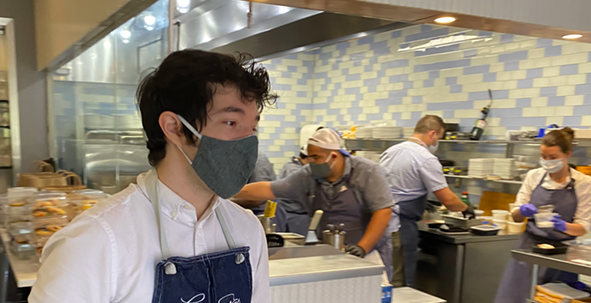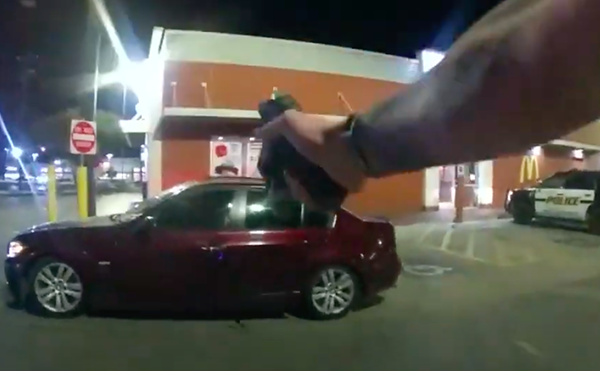After spurring a summer surge in COVID-19 cases, the more transmissible coronavirus variant is now driving federal health officials’ decision to recommend that everyone, regardless of vaccination status, wear masks again in indoor public places. That’s especially important in areas where infection rates are high, Rochelle Walensky, director of the U.S. Centers for Disease Control and Prevention, said during a news conference July 27 to announce revised masking guidelines.
New evidence that vaccinated people with breakthrough infections of the delta variant produce just as much virus as infected, unvaccinated people prompted the new guidance. That suggests that these people may also easily spread the virus. “We have new science related to the delta variant that requires us to update the guidance regarding what you can do when you’re fully vaccinated,” Walensky said.
Unvaccinated people should get vaccinated and wear masks in public indoor settings until fully vaccinated, she recommended. Additionally, fully vaccinated people in places with “high or substantial” transmission rates should also mask up when indoors again. The CDC considers substantial transmission to be 50 to 100 cases out of every 100,000 people in the population over a seven-day period. Some places are reporting more than 300 cases per 100,000 people in a week, she said. “Really an extraordinary amount of viral transmission.” And everyone in schools should wear a mask, regardless of vaccination status, the CDC recommends.
This reverses the CDC’s May recommendation that fully vaccinated people could ditch the masks. That decision was based, in part, on the low chance that vaccinated people could spread the virus (SN: 5/24/21). If they do get a breakthrough infection, people vaccinated with one of the mRNA vaccines have about 40% less virus in their noses than infected, unvaccinated people do, researchers reported July 22 in the New England Journal of Medicine. But that data was based on infections with earlier variants of the virus.
“The delta variant behaves uniquely differently from past strains of the virus that causes COVID-19,” Walensky said. It’s “unlike the alpha variant we had back in May where we didn’t believe that if you were vaccinated you could transmit further.” In rare instances, fully vaccinated people may get infected with the delta variant and spread it to others, new data from several states and other countries shows, she said. The amount of virus vaccinated people with a delta variant breakthrough infection produce is similar to that of unvaccinated people, she said. “This new science is worrisome,” she said.
The vaccines are still effective at preventing serious illness and death, studies have shown. Until the vast majority of people are vaccinated, “mask wearing will help reduce infections, prevent serious illnesses and death, limit strain on local hospitals and stave off the development of even more troubling variants, Barbara Alexander, an infectious diseases expert at Duke University School of Medicine and president of the Infectious Diseases Society of America, said in a statement.
The majority of transmission is still happening among and through unvaccinated people, Walensky said. Breakthrough infections remain rare, but exactly how rare they are with the delta variant isn’t known (SN: 5/4/21). The CDC collects data on breakthrough infections in hospitalized people, but not those who get infected but have mild cases. The public health agency is also actively testing more than 20 groups of vaccinated people for COVID-19, including tens of thousands of health care workers, essential workers and other caregivers. Results of that surveillance will be reported soon, Walensky said.
“It is not a welcome piece of news that masking is going to be a part of people’s lives who have already been vaccinated,” Walensky said. “This new data weighs heavily on me. This new guidance weighs heavily on me… This was not a decision that was taken lightly.”
Originally published by Science News, a nonprofit newsroom. Republished here with permission.Stay on top of San Antonio news and views. Sign up for our Weekly Headlines Newsletter.



















